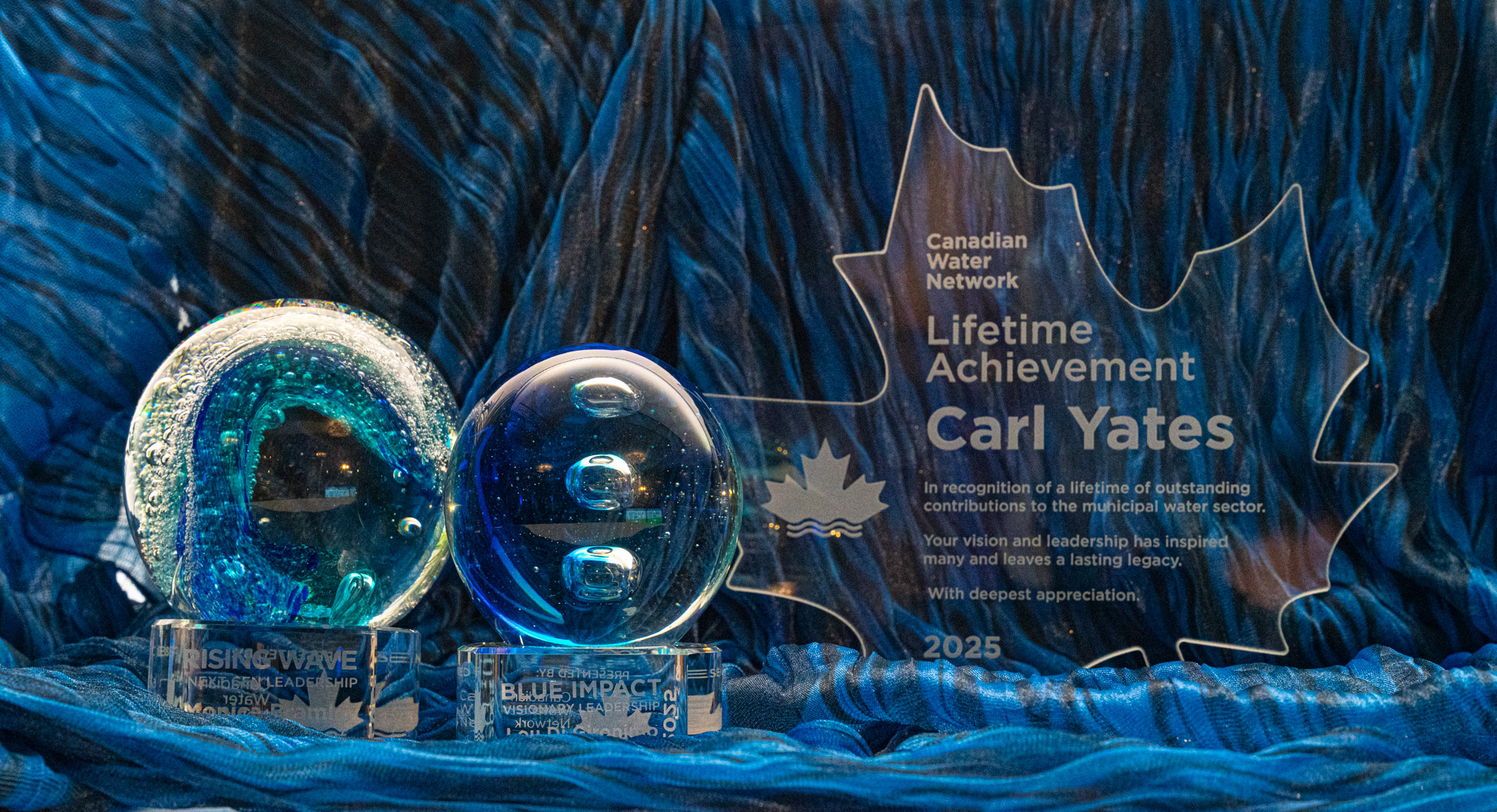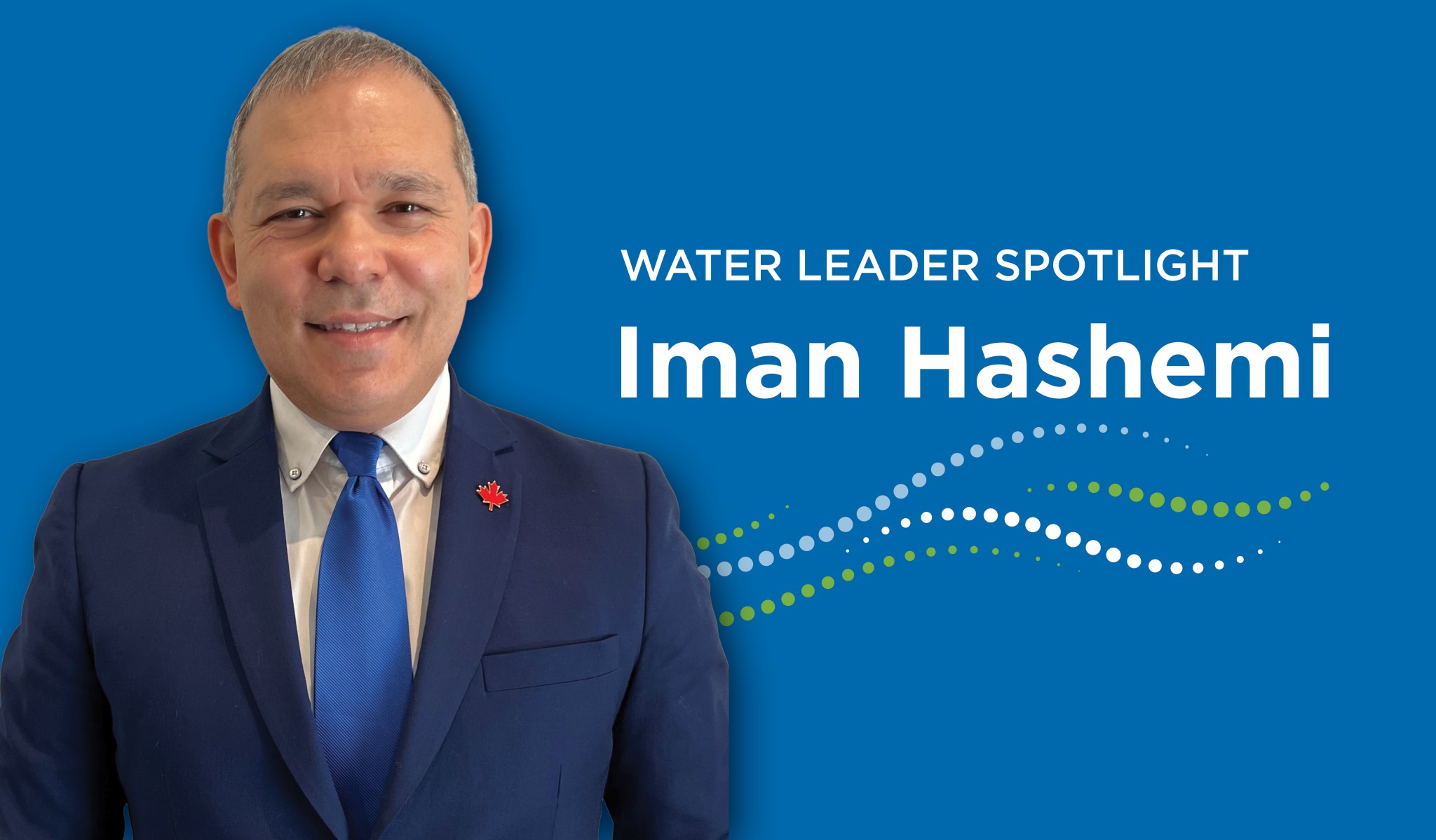Update from the Canadian Municipal Water Consortium
September 5, 2023
CWN’s quarterly newsletter with the latest news, insights, and thought leadership.

We are pleased to present the latest update from Canadian Water Network’s (CWN) Canadian Municipal Water Consortium, a national network of utility leaders who share a common goal of advancing municipal water management.
Presence in the Canadian water industry
The Canadian Municipal Water Consortium continues to maintain a strong presence in the Canadian water industry. In June, we participated in the American Water Works Association’s Annual Conference and Expo. Sandra Cooke, director of the Municipal Consortium, participated in a panel session where she shared insights on the role of social learning in support of collective action on climate change mitigation and adaptation. This summer, Sandra also authored an article on opportunities for maintaining water infrastructure in light of rapid growth and densification; the article was published in the May/June 2023 issue of Water Canada’s magazine.
Global insights through global collaboration
In the international arena, CWN’s affiliation with the Global Water Research Coalition (GWRC) provides a unique platform for knowledge exchange. GWRC is an international alliance dedicated to advancing water research, and it is hosting a gathering in September on water recycling. CWN will be represented at the gathering by Kate Polkovsky, chief executive officer of the Alberta Capital Water and Wastewater Commission, who is a Canadian Municipal Water Consortium member.
In addition to engaging with GWRC members and Singapore PUB, Kate will actively contribute to an international workshop discussing the role of water reuse in enhancing resiliency. The agenda includes insightful presentations on a range of topics, such as:
- Aquifer replenishment in Australia and the U.S.
- Water reuse practices in France and the Netherlands.
- The successful operation of the largest water reuse plant in the world, which is in Cape Town, South Africa.
Elevating thought leadership at Blue Cities
The upcoming Blue Cities conference, which is taking place in October, is a testament to the Canadian Municipal Water Consortium’s commitment to promoting thought leadership in municipal water management. Gathering in Toronto, thought leaders like you will delve into topics like innovations in risk management, OneWater solutions, and equitable water utility practices. The consortium is also hosting a meeting with senior leaders from 25 of the largest municipalities and utilities across Canada. At this meeting, participants will gather to share insights on emerging issues and discuss climate-resilient infrastructure needs.
Sharing knowledge on emerging issues
Recognizing the continuously evolving landscape of municipal water management, the Canadian Municipal Water Consortium brings together senior municipal and utility leaders to share knowledge on emerging issues through Strategic Sharing Groups (SSGs).
In the past year, the regular series of meetings for the levels of service and affordability SSGs have concluded and shifted to annual check-in meetings. The SSG on levels of service has focused on discussing strategies for advancing levels of service for municipal water, wastewater and stormwater systems. The SSG on affordability has focused on addressing affordability challenges at the community level and exploring strategies for advancing water affordability. The summary of insights from both SSGs are now available on their respective web pages.
In August, the consortium hosted a bi-annual meeting with the members of the Net-Zero SSG. Members of the group discussed new net-zero strategies, plans and programs developed since the last meeting. The discussion highlighted significant progress being made by utilities in their net-zero journey and started the conversation on common themes for creating a net-zero roadmap. This conversation will continue at the Blue Cities in October.
Looking forward, the SSG on contaminants of emerging concern is holding its annual check-in with members in September. The check-in will highlight updates from the SSG participants on new developments within their utilities. This is in light of the Canadian Drinking Water Guidelines and draft state of per- and polyfluoroalkyl substances report, published by Health Canada and Environment and Climate Change Canada, that have come out since the last SSG meeting. During the upcoming meeting, participants will also be encouraged to share new insights in key areas that may benefit our SSG conversations.
In addition to continuing work related to the SSGs above, the Canadian Municipal Water Consortium is launching two new SSGs. One will be focused on stormwater and applying a climate change adaptation lens on stormwater management strategies, low impact development systems, and funding options. The second SSG will be focused on exploring data management and governance frameworks, data analytics strategies, and technologies in support of a digital transition.












